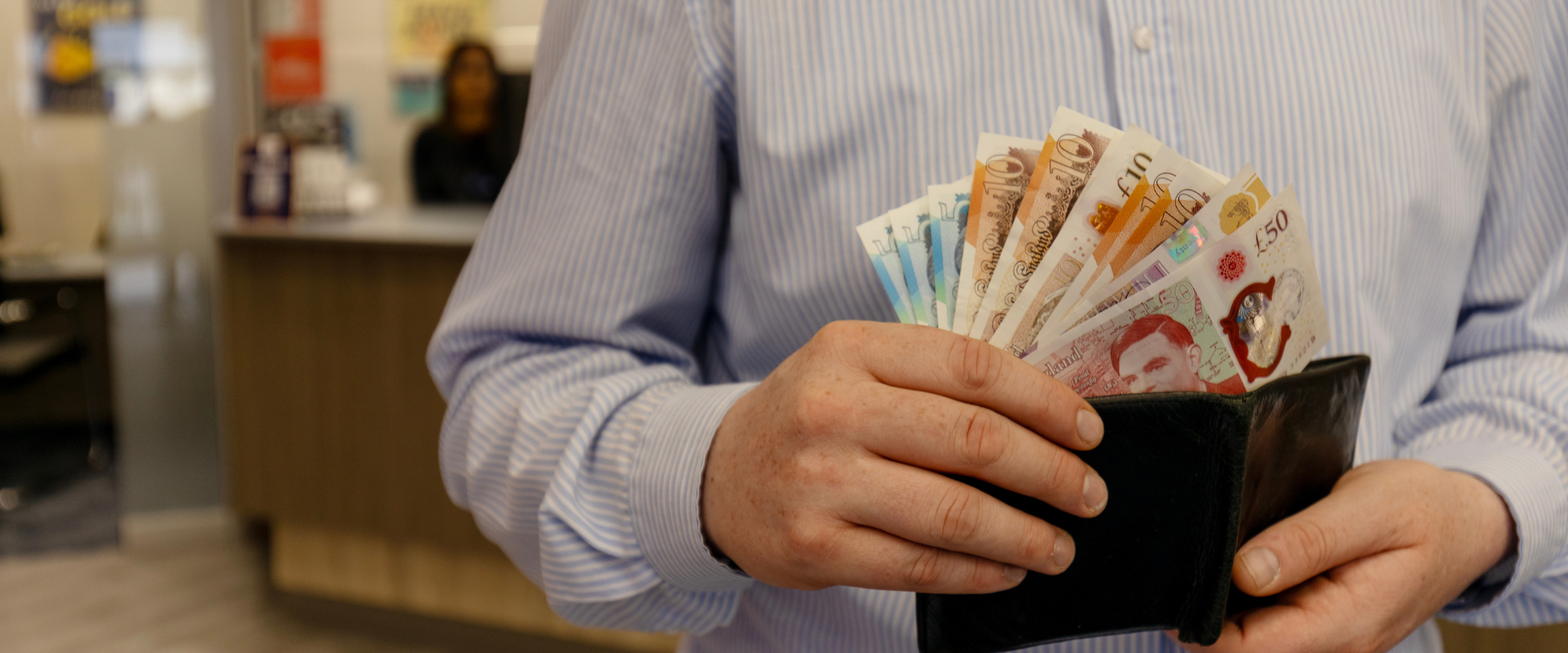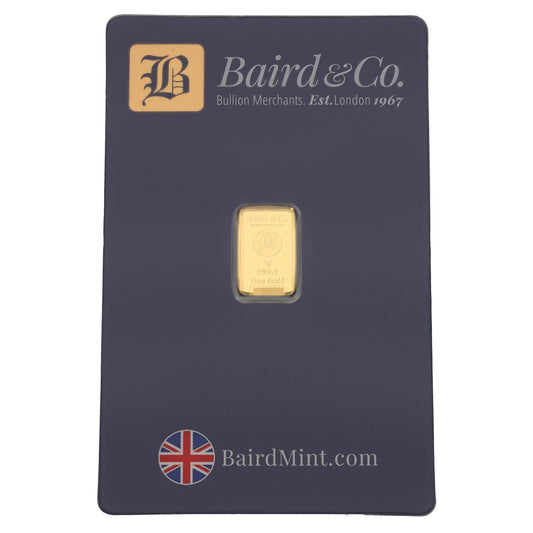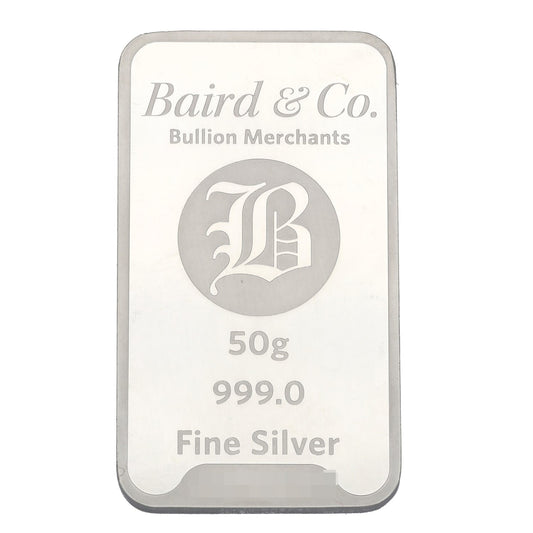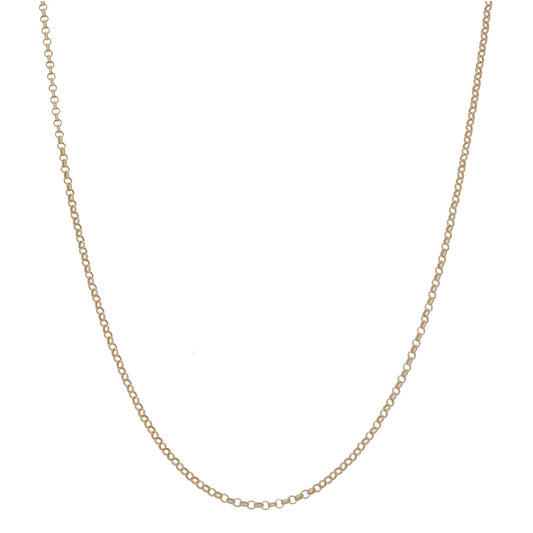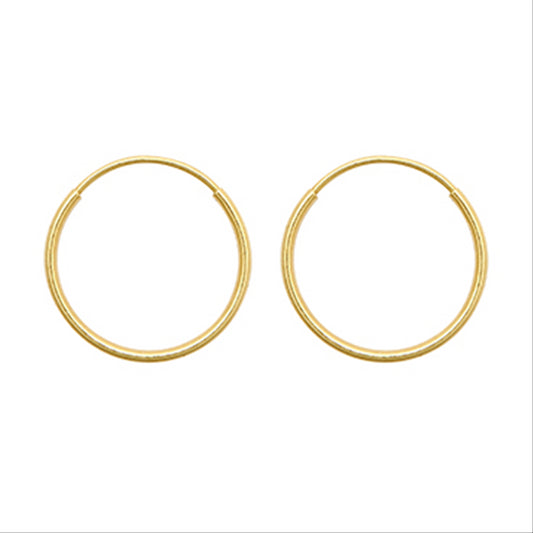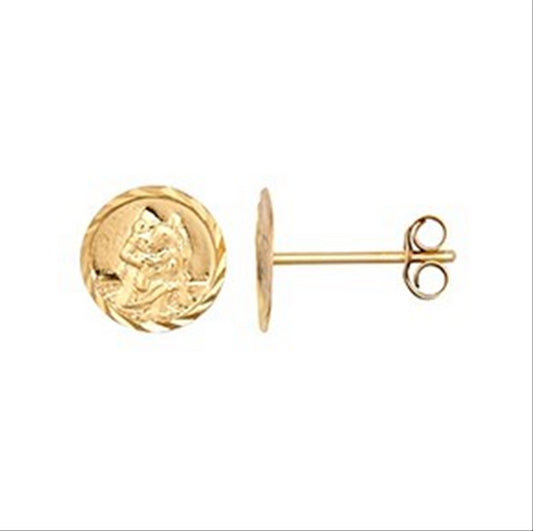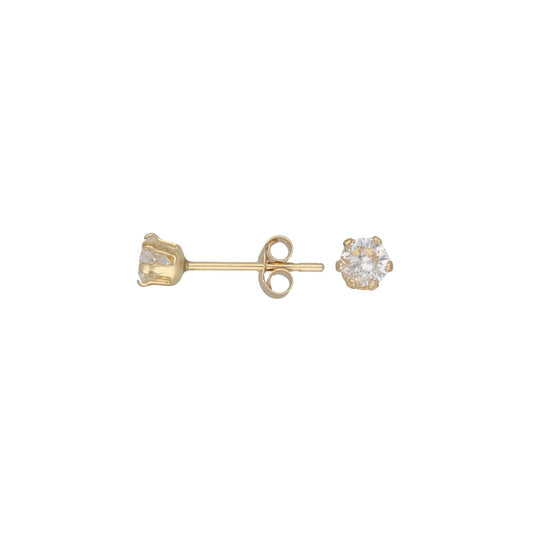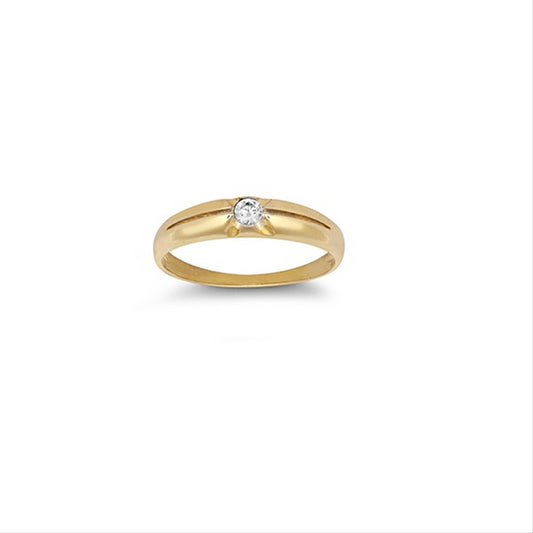If you're looking to replace a broken washing machine, buy a new car, or do anything else that requires money you don't have to hand, you might be considering taking out a loan. But, with so many different types available, it can be difficult to decide on the right borrowing option for you.
In this guide, we're going to make things easier by explaining the difference between secured and unsecured loans, as well as answering any questions you might have about them. We'll look at how they work, how much you could borrow with each, and which option is likely to suit you best. Read on to learn more.
What is a secured loan?
If you take out a secured loan, you're borrowing money that's secured against an asset you own. This means that, if you fail to meet the agreed repayments for your loan, the lender can seize your asset — also known as collateral — to recover their losses. A lender's right to repossess a borrower's asset if they fail to make repayments is called a lien.
Here are just some of the reasons you might opt for this type of borrowing, rather than taking out an unsecured loan.
-
Lower interest rates: Secured loans tend to have lower interest rates than unsecured loans, as they give lenders an extra level of protection, as well as peace of mind.
-
They're easier to obtain: As they're secured against an asset, secured loans give lenders a great deal of protection. This means they may be open to letting you borrow money, even if your credit score isn't the strongest. So, if you've had trouble getting an unsecured loan in the past due to your poor credit history, secured loans could be a more suitable option for you.
-
They allow you to borrow larger amounts: Because secured loans give lenders an extra layer of protection, they'll usually let you borrow more than they would with an unsecured loan. In general, the most you can borrow with an unsecured loan is £35,000, while secured loans can be as large as £75,000 (ours go up to £50,000). But, of course, whenever you take out a secured loan, the amount you're actually able to borrow will be determined by factors such as what kind of monthly repayments you can afford, and how valuable your asset is.
At H&T, we offer secured pawn loans that you can secure against items such as cars, jewellery, antiques, and watches. Depending on the value of your assets, you can take out a secured loan of £250 to £50,000 with us. If you would like more information, check out our guide to what pawn loans are and how they work
Is it possible to get a secured loan with bad credit?
Yes, it's possible to get a secured loan with bad credit. This is because a lender knows that, if you fail to make the monthly repayments, they'll still be able to cover their losses. As a result, you'll often find that lenders will accept you for a secured loan, even if your credit score isn't the strongest and you've been turned down for other types of loans in the past.
Are there extra charges if you repay a secured loan early?
A lot of lenders won't let you clear your debt quicker than originally agreed, or they might charge you a fee if you do. You should read your loan agreement very carefully to ensure you know exactly what you're allowed to do.
If you take a secured loan out with H&T, you'll find that there are no penalties for early or additional repayments. We're more than happy for you to pay everything off as soon as you can, and this will reduce the amount of interest you pay, too.
What is an unsecured loan?
As the name suggests, an unsecured loan is not secured against an asset. Because there is no collateral that acts as a safety net, lenders will base their decision solely on your ability to keep up with repayments, which they will usually base on your income and credit history.
When taking out an unsecured loan, you simply apply to borrow a certain amount from a lender, wait to see if you pass their eligibility tests, and then agree to pay back the amount plus interest through monthly instalments. When compared to secured loans, you'll often find that the interest rates of unsecured loans are higher, but you don't have to offer an asset as collateral.
If you can't make the repayments of an unsecured loan, rather than being in danger of losing your asset, you'll incur additional charges and it could have a negative impact on your credit rating. The lender can also take you to court to try to get their money back if they think it's necessary.
Do unsecured loans affect your credit rating?
Any unsecured loan you take out will show up on your credit report, and will typically remain on your records for six years after it's been repaid.
If you pay an unsecured loan back on time, or sooner than you need to, this will help to boost your credit score. But, if you begin to pay late or miss payments altogether, this can have a negative effect on your rating.
Which loan is right for me?
It's important that you think carefully about what kind of loan is likely to suit you best. Secured and unsecured loans are very different, and choosing the wrong one could lead to financial difficulties. Here's how they compare:
| |
Secured loan |
Unsecured loan |
| Who is eligible? |
Anyone who can offer a valuable asset as collateral |
Anyone with a satisfactory credit score |
| What does the amount you can borrow depend on? |
The value of your asset(s) |
Your credit rating and how much you can afford to repay each month |
| How much can you borrow? (H&T) |
Up to £75,000 |
Up to £35,000 |
| Can you get one with bad credit? |
Yes |
Sometimes, but it will be more difficult |
| Can you pay it back early? |
It depends on the lender |
Yes |
| Can it affect your credit score? |
No |
Yes |
As you can see, secured and unsecured loans differ in a variety of ways, from how much you can borrow to whether you have a strong credit history. So, you should consider all of the factors laid out in this table before deciding what type of borrowing will serve you best.
For more help figuring out whether a secured loan is right for you, make sure to check out our comprehensive pawnbroking guide
Taking out the wrong kind of loan can lead to financial difficulty, so it's well worth doing your own research and putting plenty of thought into the decision. This should ensure you're well-informed, and will help you to choose a loan that's going to work best for you.
